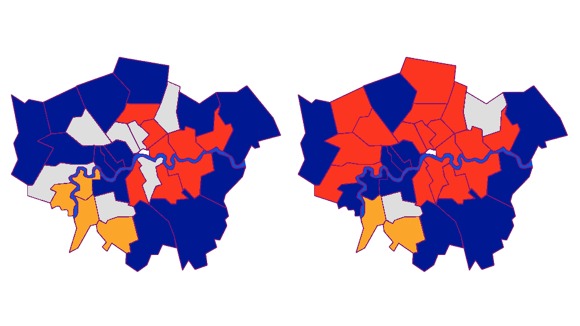 One of the consistent drivers of traffic to this site are foxes. Specifically, Google searches containing the word fox or foxes in conjunction with phrases like kill, destroy and, occasionally, murder followed by various expletives.
One of the consistent drivers of traffic to this site are foxes. Specifically, Google searches containing the word fox or foxes in conjunction with phrases like kill, destroy and, occasionally, murder followed by various expletives.
Looking at the traffic generated over time, it has remained fairly consistently in the top five, and while the other four have changed foxes have remained stubbornly there.
And it’s the same in real life. The recent tragic attack by a fox in north London has heightened awareness, but the fact is that I’ve been getting complaints about them fairly consistently over the years. And people are obviously looking for solutions on the internet, as evidenced by Google. Even Boris Johnson is calling on the boroughs to control them.
But the fact is that the best form of control lies with residents. As I said in a post over a year ago:
Even if we were to eradicate the foxes from an area the neighbouring foxes will expand their territory to fill the gap, often within 24 hours …
Live trapping … is ineffective because the other foxes in the group rapidly become trap shy.
Poisons and repellants … carry a risk to domestic animals and are, in any case, very strictly controlled by law
Shooting is one of the few effective options available, but can only be used in very limited circumstances …
Given the limits on action the council can take, by far the most effective control is to limit their food.
The council does provide information on controlling foxes (as well as any other pest you can think of) but the reason foxes have moved into urban environments is the ready availability of food.
They find it easy to survive because people leave out food for them, or discard food carelessly leaving unfinished chicken bones or burgers on the streets, or leftovers in rubbish sacks for days before refuse collection.
If you’re here because you’ve Googled killing, murdering, massacring, or just controlling foxes then the most effective way is to simply starve them out by making sure you don’t feed them, either intentionally or unintentionally.

 Way back when I first stood for council in 1998 we had a simple campaign slogan: Wandsworth is Conservative.
Way back when I first stood for council in 1998 we had a simple campaign slogan: Wandsworth is Conservative.